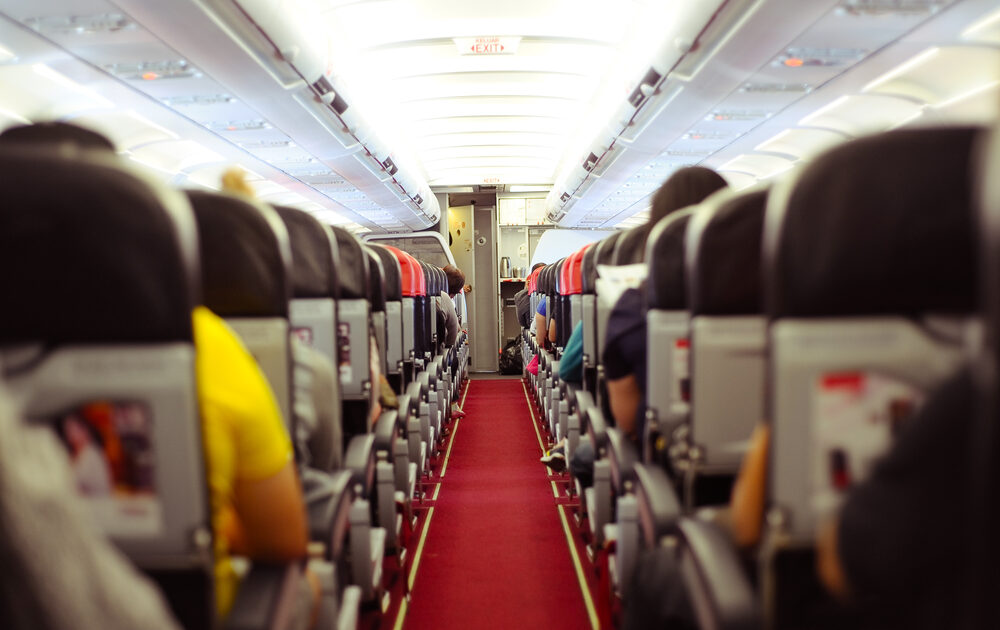Frequent Flyers Beware: Does Your Airline Spray Pesticides While You’re Onboard?

I’ll be the first to admit that this is something that I never thought about. I was aware that airlines cleaned the cabin between flights, but the idea that they sprayed the cabins with pesticides in between flights, or that in some cases, sprayed them while you’re actually onboard, came as a surprise. If you’re a frequent flyer, here’s what you need to know.
Pesticide spraying is a means for airlines to protect against deadly diseases like malaria and yellow fever as well as to protect against someone unknowingly bringing a deadly fungus on board that could infest our agriculture. According to the Department of Transportation, pesticide spraying is permitted under international law to protect public health, agriculture, and the environment. And while only a few countries require it, most countries reserve the right to spray, according to USA Today.
For the most part, two methods are used to spray. The World Health Organization and the International Civil Aviation Organization have outlined two methods deemed “safe.” One involves spraying insecticides using aerosol cans while you’re onboard. In fact, inbound flights to Cuba, Ecuador, (only Galapagos and Interislands), Grenada, India, Kiribati, Madagascar, Seychelles, Trinidad and Tobago, and Uruguay require this method of spraying.
The other method involves treating plane interior surfaces with insecticides when passengers are not onboard. This protects against malarial mosquitoes and bugs that cause Chagas disease for example. Cockroaches, fleas, ticks, biting mites, and other pests can also be controlled using this method, which is required on inbound flights to Australia, Barbados, Cook Islands, Fiji, Jamaica, New Zealand, and Panama.
Some countries may not require spraying on all inbound flights, but they require it aboard flights from some parts of the world. These countries include Czech Republic that require spraying on fights coming from countries with contagious diseases. While some countries like France require spraying on flights coming from countries with malaria, yellow fever, and dengue fever. This protects countries from diseases crossing boarders via infected insects.
Such spraying could be particularly scary for asthma sufferers or children with developing respiratory systems. But according to WHO, “Although some individuals may experience transient discomfort following aircraft disinsection by aerosol application, there is no objection to any of the recommended methods of aircraft disinsection from a toxicological perspective.”
The problem may be even worse for those that work on board airlines and are constantly exposed to insecticides. But for the everyday traveler, the only option you have are to avoid these destinations (which considering how remote many of them are, you may not be going anyhow) or consider a good detox when you get home from your trip. If have respiratory issues or you’re a frequent flyer, this is definitely important information to know before you board your next flight.
Related on Organic Authority
Are Weight-Based Airline Fares Fair or Discrimination?
The Other Mile High Club: Beat Jet Lag and Stay Healthy in the Air
Local and Organic Food Takes Flight at La Guardia Airport
Image of a plane interior from Shuttershock









